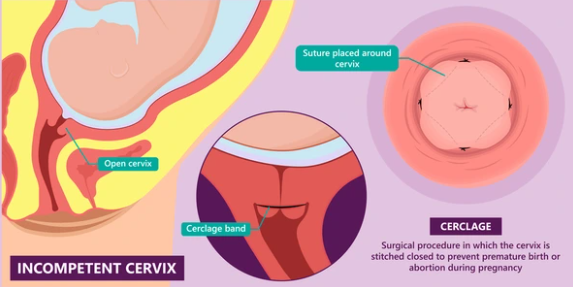Pregnancy can bring about numerous changes in a woman’s body, including the genital area. Disorders of the vagina or vulva during pregnancy are not uncommon and can range from mild discomfort to more serious conditions. Understanding these disorders, their symptoms, and treatment options can help manage any issues effectively and ensure a healthy pregnancy. Here’s a detailed overview of common vaginal and vulvar disorders during pregnancy:
Vaginal Infections

- Definition and Causes:
- Vaginal infections, including bacterial vaginosis (BV) and yeast infections, are common during pregnancy due to hormonal changes and altered vaginal flora.
- Symptoms:
- Bacterial Vaginosis (BV): Symptoms include a fishy odor, grayish-white discharge, and itching.
- Yeast Infection: Symptoms include itching, burning, thick white discharge resembling cottage cheese, and redness or swelling.
- Management and Treatment:
- Bacterial Vaginosis: Treated with antibiotics, typically metronidazole or clindamycin. It’s important to complete the full course as prescribed.
- Yeast Infection: Treated with antifungal medications, such as topical creams or suppositories. Oral antifungals are generally avoided during pregnancy unless prescribed by a healthcare provider.
- Consultation: Always consult your healthcare provider for diagnosis and appropriate treatment.
Vulvar Varicosities
- Definition and Causes:
- Vulvar varicosities are swollen veins in the vulva that occur due to increased blood volume and pressure on the pelvic veins during pregnancy.
- Symptoms:
- Swelling: Noticeable swelling of the vulva or labia.
- Discomfort: Aching or heaviness in the vulva, particularly after standing for long periods.
- Visible Veins: Enlarged, blue veins may be visible on the vulva.
- Management and Treatment:
- Supportive Measures: Wearing supportive underwear and avoiding prolonged standing can help alleviate symptoms.
- Cold Compresses: Applying cold compresses to the affected area can reduce swelling and discomfort.
- Elevate Feet: Resting with feet elevated can help reduce venous pressure.
Pruritic Urticarial Papules and Plaques of Pregnancy (PUPPP)
- Definition and Causes:
- PUPPP is a rash that typically appears in the third trimester. It’s believed to be related to the stretching of the skin and hormonal changes.
- Symptoms:
- Itchy Rash: Red, raised bumps and plaques that start on the abdomen and may spread to the thighs, buttocks, and arms.
- Discomfort: Severe itching that can cause significant discomfort.
- Management and Treatment:
- Topical Steroids: Low-potency corticosteroid creams can help reduce itching and inflammation.
- Oatmeal Baths: Soaking in oatmeal baths can soothe irritated skin.
- Antihistamines: Consult your healthcare provider about using antihistamines to alleviate itching.
Vulvodynia
- Definition and Causes:
- Vulvodynia is chronic vulvar pain without an obvious cause, which can be exacerbated by pregnancy-related hormonal and physiological changes.
- Symptoms:
- Pain: Burning, stinging, or aching pain in the vulva that may be constant or intermittent.
- Discomfort: Pain during intercourse or prolonged sitting.
- Management and Treatment:
- Pain Relief: Over-the-counter pain relievers may help, but consult your healthcare provider for recommendations during pregnancy.
- Avoid Irritants: Use mild, fragrance-free soaps and avoid tight clothing that may irritate the vulva.
- Pelvic Physical Therapy: Consider therapy to address any pelvic floor issues contributing to pain.
Cervical Insufficiency
- Definition and Causes:
- Cervical insufficiency occurs when the cervix weakens and opens prematurely, often due to hormonal changes or structural abnormalities.
- Symptoms:
- Pelvic Pressure: Increased pressure or discomfort in the pelvis.
- Vaginal Bleeding: Light bleeding or spotting, often accompanied by mucus discharge.
- Premature Contractions: Early contractions or cramping.

- Management and Treatment:
- Cervical Cerclage: A surgical stitch placed around the cervix to support it and prevent premature opening.
- Bed Rest: Reducing physical activity may be recommended to minimize pressure on the cervix.
- Monitoring: Regular follow-up visits to monitor cervical length and fetal well-being.
Conclusion: Disorders of the vagina or vulva during pregnancy can affect comfort and health but are often manageable with appropriate care. If you experience symptoms such as persistent itching, swelling, or unusual discharge, consult your healthcare provider for diagnosis and treatment. By staying informed and working closely with your healthcare team, you can address these issues effectively and support a healthy pregnancy.
